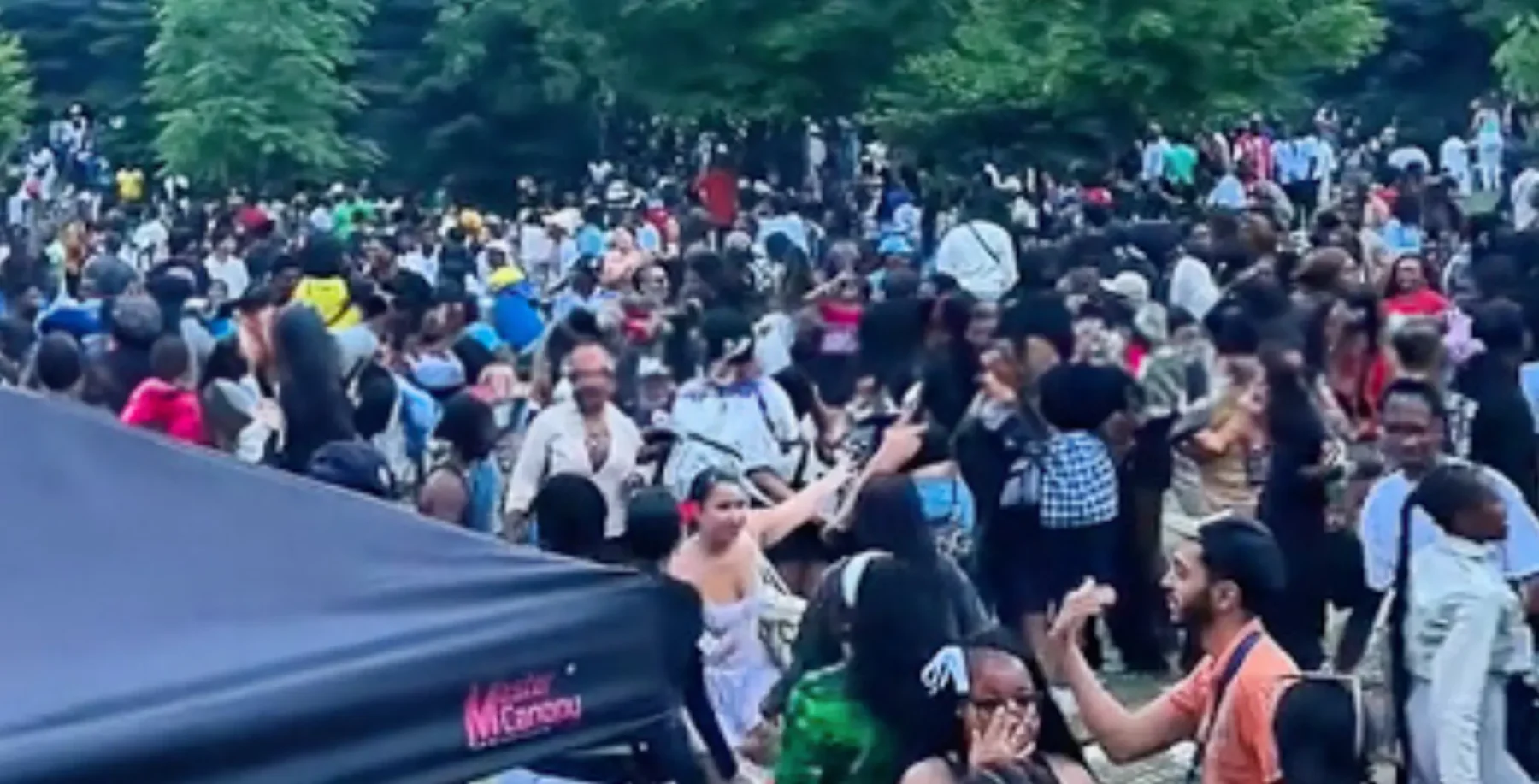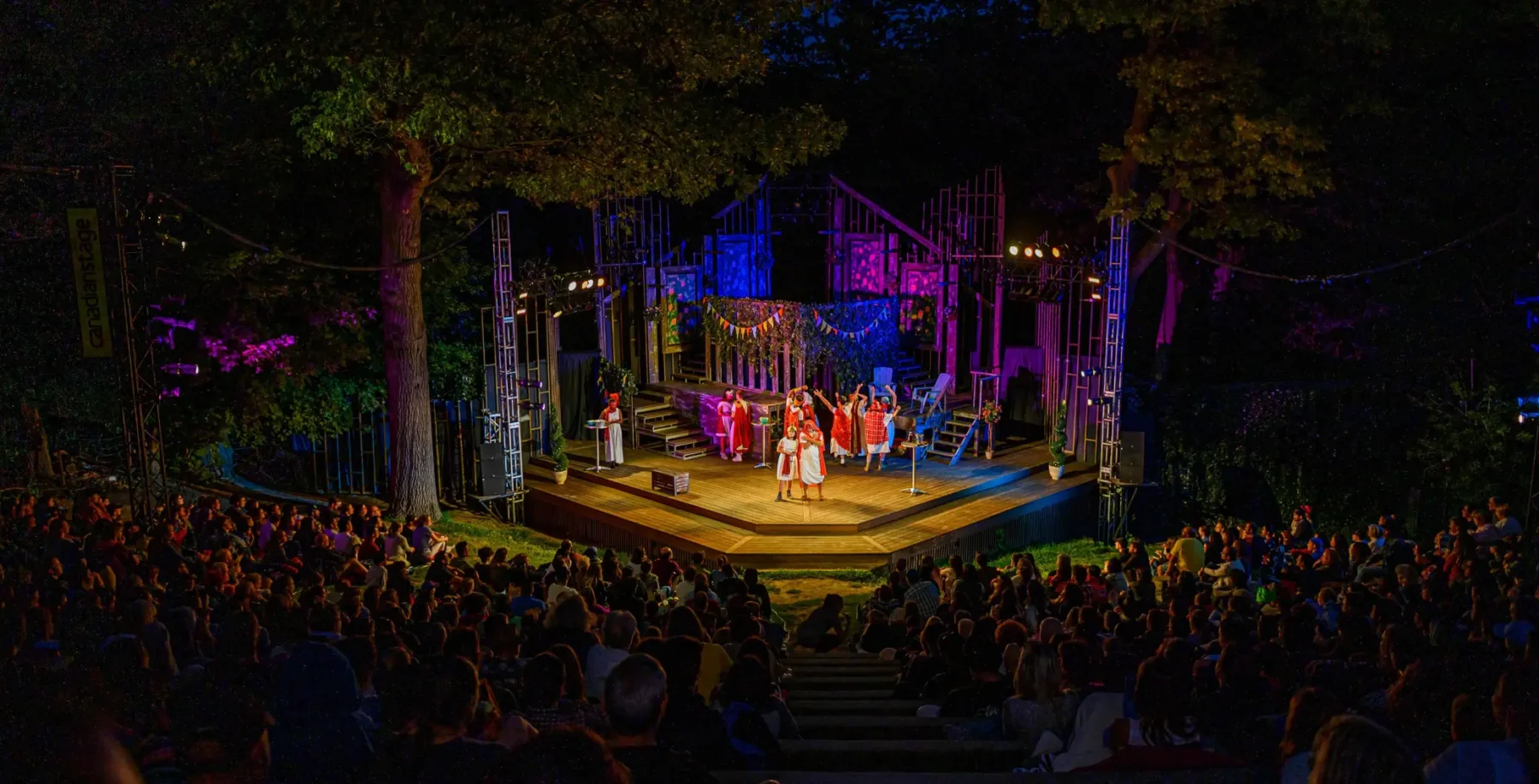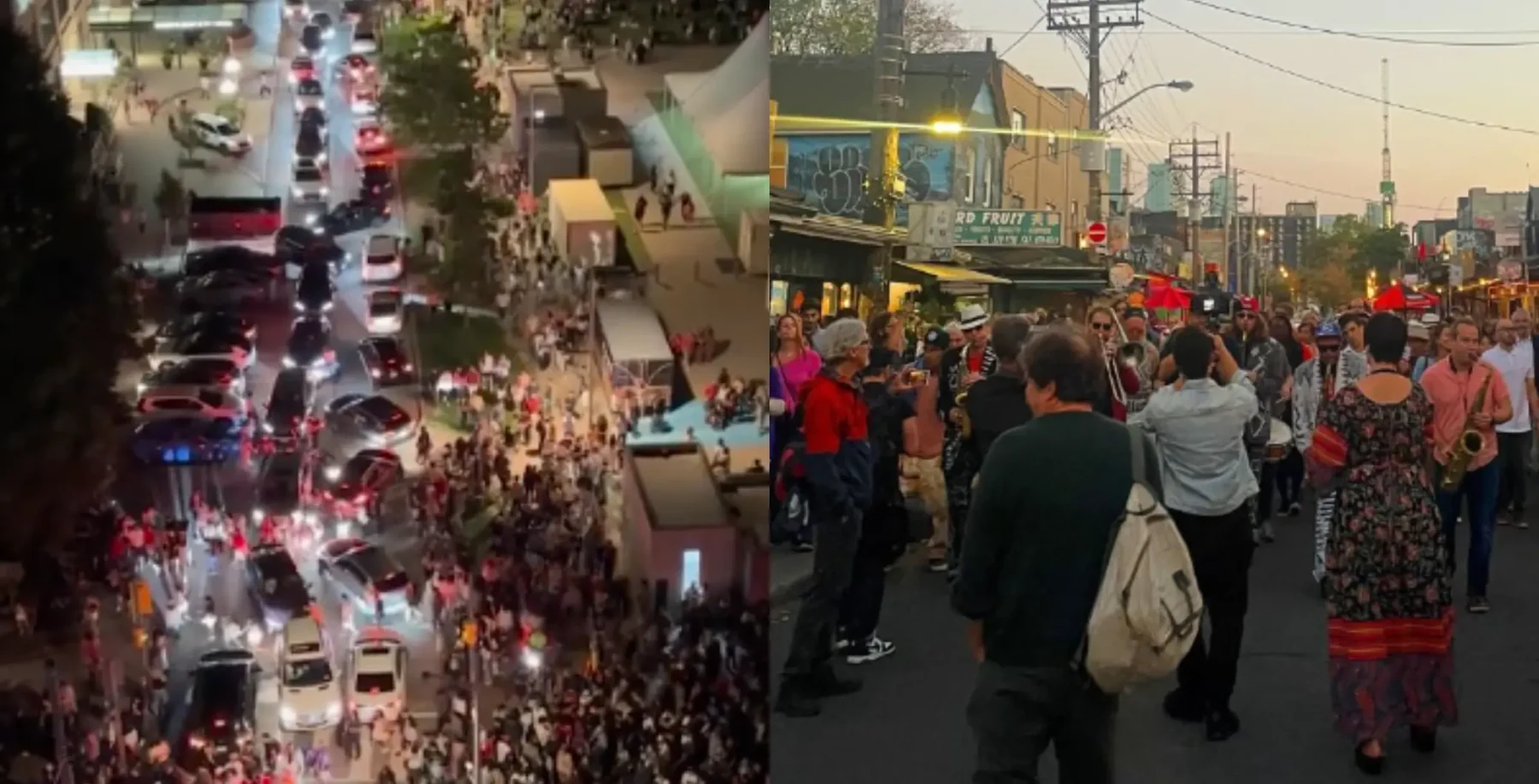
Rating: NNNNN
Living cosmologically isn’t for everyone. No matter. The sun’s sweet closeness has brought the earth to blossom all around us anyway – regardless of our problems, our suffering, our politicians, our priorities. Who hasn’t had a caress of warmth or heavenly inhalation this week? Right now, earth and sun are speaking their presence to our bodies in a way few can resist. The only possible response is reverence.
There is a growing legion who say this body of knowing can also teach our minds the very things we need to transform our hell on earth back into a garden.
But this is no garden. I’m inside, holed up in the semi-light of a windowless fortress of higher learning. Still, the lineup is a sun-lover’s dream. Mother of all tree-huggers Vandana Shiva, cultural critic bell hooks, Tikkun founder and peacenik rabbi Michael Lerner, ex-Catholic priest and creation theologian Matthew Fox, psyche illuminator Marion Woodman, native educator Oren Lyons. And other less well-known but intriguing panelists.
I’m immersed in the inspired chaos of Spirit Matters, a gathering of about 350, hosted by OISE’s Transformative Learning Centre last week (May 13-16).
The organizers are doing their damnedest to overcome the setting. The auditorium stage has a little forest and a fountain and a circle of big rocks at the centre designed to make the point that this is a gathering that takes non-human life seriously.
The conference is subtitled Wisdom Traditions And The Great Work, and its themes are species survival, peace, love, pleasure and place. The task is reintroducing the sacred into everyday culture. There are practicalities to consider, but also poetics – language itself may be what’s needed to seed the new frame of mind.
Spell Of The Sensuous author David Abram lays down the conference ethos like lines of a song. The disembodied sacred just doesn’t cut it for him. He basically says we need to get it on with earth, using our bodies, our senses, our breath to have meaningful conversations with the place we live.
“Perhaps every noise is a voice – the wind in the willows is a kind of speech,” he says. “How do we open ourselves to an erotic relationship to everything? Gravity itself is the eros between our bodies and the earth. This mutual attraction is the framework of life.” If that’s hard to get, think “stop and smell the roses” to the power of 10.
While Abram deals with the body, creation theologist and silenced priest Matthew Fox tackles the blacker side. “This is the dark night of the soul for our species,” he says. “We have to grieve together.”
But when you hear this from Fox, the energy pouring off him, actually puffing out his silver hair, it feels satisfying, like a secret acknowledged. He figures that between our own pain and suffering and our family’s before us (he’s not one of those who uses the term “ancestors”), there’s plenty to grieve for everyone.
Misery does love company, and when I listen to him I realize it’s because we need help to face the shadow world. “We have to go deeper into our own stories to arrive at the source of compassion,” he says. For this, we need ritual work.
Vandana Shiva strikes the conference keynote with a more practical activism, but the divine is never far from her lips. Motherly and flowing, she does seems like a force of nature as she speaks.
Trained as a physicist (largely in Canada), she went home to become a tree-hugging social activist, eco-researcher and world-class agribusiness and biotech whistle-blower. She is perhaps best known for her work as founder of Navdanya, an Indian movement to protect the diversity and integrity of native seeds. To Shiva, pesticides are a form of violence.
But the metaphoric theme she keeps returning to is simply that “our great work is to ensure our wells have water.” Shiva is on the front lines of the fight to resist privatization. Right now her corporate nemesis is Suez, a world leader in private water operations, which she says is trying to commodify water from the most sacred river in India, the Ganges.
But as she speaks, we hear of victories, not defeats – of women who have sat by rivers and will sit some more until the corporate interests are foiled. “Every river is a goddess in India,” she says. And don’t discount the benefits of having nature at your side. “I never think I’m dealing with Suez or Monsanto alone. I think I have a hundred species to keep me company. Then it doesn’t seem so hard.”
Later, bell hooks speaks of how so many of those who must walk for their water are black and brown women. She hails Vandana Shiva as one of the visionary women of the world who are walking “on behalf of water.”
These are moving interchanges between those who are normally oceans apart. But meetings of minds, like converging waterways, are not known for smooth sailing. The subtitle of the gathering is inspired by Thomas Berry’s latest book, The Great Work, and the program was originally constructed to pay homage to this grandfather of the awakened animism now flourishing in the cracks of our social and eco fabric.
Berry is a monk and self-described “geologian.” Of his many-textured insights, perhaps none is more central than his view that to save ourselves (nature’s not going anywhere), humans need a replacement scripture – a new “creation” story that reawakens our sense of deep connection with the cosmos. His Universe Story, written with mathematical cosmologist Brian Swimme, describes the stampede of extinction now taking place all over the planet as the undoing of 65 million years of delicate and masterful earth creativity.
But Berry is pushing 90 this year and, sadly, is too sick to attend. Not everyone here already knows Berry’s work or is happy with the in-absentia adulation devoted to it. Some I encounter feel uncomfortable that a person they see as white, Catholic and male is the central icon of the event. Hooks alludes to this divide, at the end, with a typically strong yet sensitive comment – that Berry’s is a “limited but generous view.”
I just mention this so you know that everyone sitting here depriving themselves of sunlight isn’t in a state of complete bliss. All the issues of who is stereotyping whom, who is privileged, who is wasting whose time – they buzz around like mosquitoes at the end of a summer day.
Some of this is stirred up by the fact that it’s a privilege to be here – literally – since the registration price tag is $325.
The high cost of admission does deliver a largely pale-skinned crowd. It’s frustrating that a more inclusive audience doesn’t get a crack at hearing the collected star power, at least in a low-priced evening event or two.
What’s on my mind as I sit and sit and sit is how hope and despair both seem so unreasonable. Proposals are coming from all directions. I’m looking for the ONE that will best stare down a world of war and ecocide. Uneasily, it’s dawning on me that the answer is, well – mostly a matter of faith.
One of the philosopher kings of holism, Resurgence editor Satish Kumar, offers up the making and sharing of bread as a new symbol, like Gandhi’s spinning wheel. “We are facing a fortress of multiple crises. I suggest beginning with a small symbolic act. It makes you slow down,” he says. “If you have no time to bake bread, you have no time to live.”
At first I’m unimpressed. But the metaphor sits with me. Kumar talks about taking a tiny little spoonful of yeast and adding it to the dough, then watching what happens. I find the metaphor keeps arising as people share what they’re up to in hallway conversations. “Symbols, like language, bring energy and power,” says Kumar.
Paulo Wangoola from Uganda is part of a spiritual revival in Africa of people who are moulding the best of indigenous and Western ways into a new civil society. He is rushing back home to be at another gathering not unlike this one, taking place in Jinja, Uganda, very purposely at the source of the Nile. Wangoola is the nabyama of that event. He explains the meaning of the title: wise keeper of the community’s secrets.
Wangoola’s approach to decision-making involves inclusion of the unborn, the dead and the supernatural. I love when he explains that back home the typical greeting includes a word that translates roughly as “may you be in limitless harmony with yourself, others, nature and the gods.”
Michael Lerner is the real movement-builder here. Exploding with ideas, actually exploding slightly out of his clothes, too, this rabbi and rabble-rouser is the inspirer of Tikkun magazine and the interfaith Tikkun communities it has spawned. Lerner has been honing his vision of mainstreaming spirit into politics for decades.
“We need a spiritual politics with a new bottom line. A new definition of productivity, efficiency and rationality so that every social practice is judged not by money and power but also by its ability to increase love and caring, create awe and wonder.”
Most of us say these ideals are not possible, but the planet is filled with people just like us. There are millions of people who want this. “This isn’t New Age mush,” he says as he explains that the Tikkun community is pushing a new Constitutional amendment on corporate responsibility.
It’s been a long weekend. I’m overwhelmed. What exactly should I be doing? Is it baking and sharing my home-made bread? Is it work on our collective dream of the planet? Is it finding a new language of landscape? Is it launching a new bottom line? A conscious way of life? Working with grief and joy? Or stillness, imagination, ceremony, storytelling?
I remind myself, there are no pat answers. This isn’t the left, after all. When it comes to earth-shaking, the bad news and the good news are the same. The Great thing about the Work is that there just isn’t any one way to do it. The job is way too big for that.
alice@nowtoronto.com












